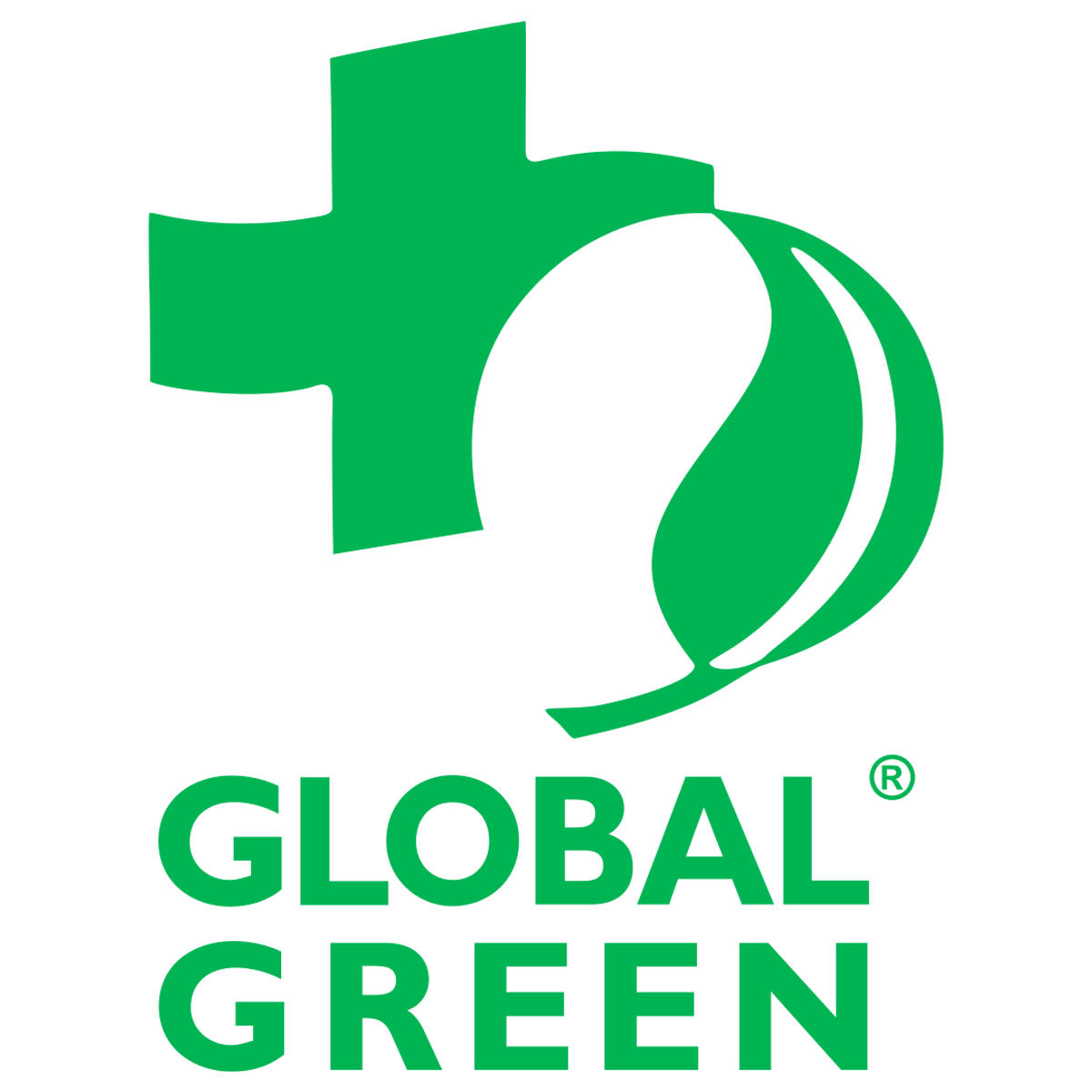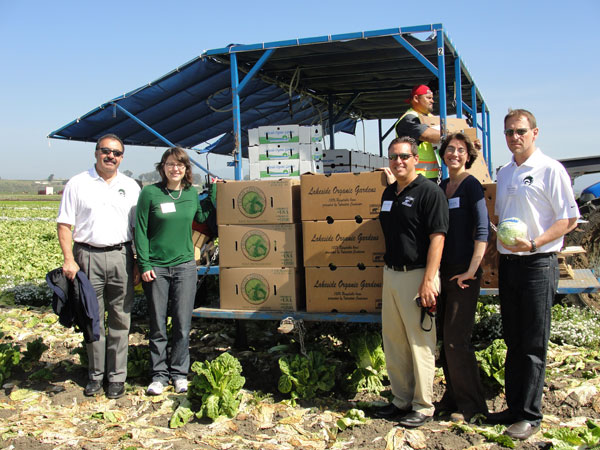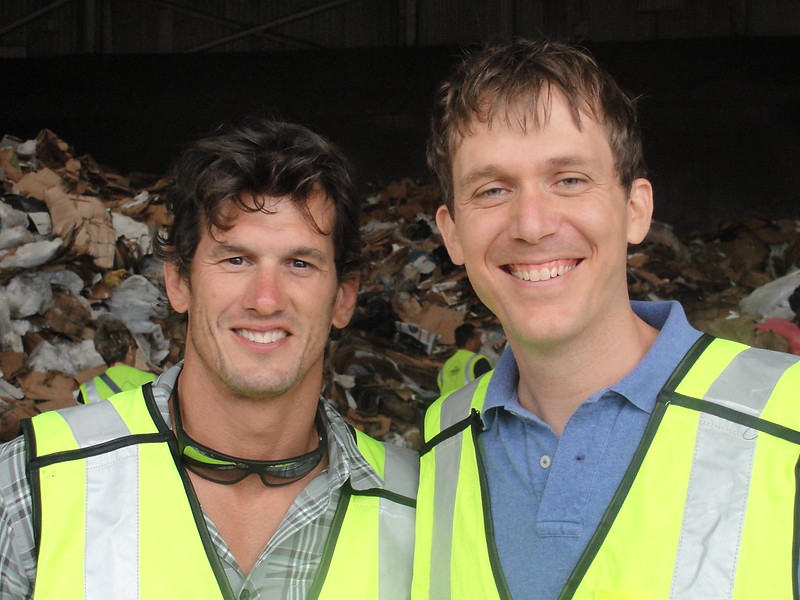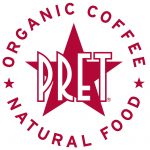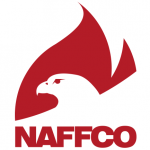Coalition for Resource Recovery
The Coalition for Resource Recovery (CoRR) aims to find national solutions for resource and asset recovery. The Coalition’s vision is to eliminate the concept of waste so that the waste from one activity is food for another, benefitting the economy, people, and the environment. Our goal is to close the loop on materials that reduce resource loss, energy consumption, and greenhouse gas emissions which cause climate change.
Our Mission
The Coalition for Resource Recovery is dedicated to combating climate change generating business value through transforming waste into assets. CoRR’s activities include:
- Conducting pilots and bringing successful models to scale
- Evaluating the environmental and financial performance of programs and technologies and disseminating objective, third-party reports of results
- Apprising the public, city, and businesses of progress toward waste diversion, cost savings, and greenhouse gas reduction goals
- Promoting effective technologies and programs
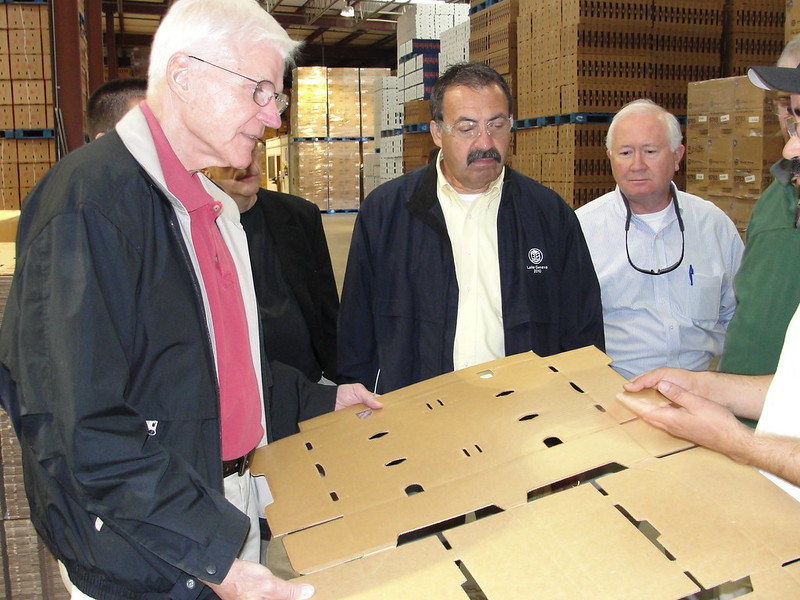
Resource Recovery
According to the US EPA, Americans landfilled or incinerated 65% of the waste that they produced. Each year, over 160 million tons of valuable resources are either buried in landfills or incinerated, both of which emit greenhouse gasses as a byproduct. These materials could instead be recovered and reused to create a variety of new products that are typically made instead of virgin materials. Our goal is to transform waste into assets that will reduce or mitigate:
- Disposal costs
- Loss of many valuable materials
- Truck traffic and air pollution, disproportionately burdening low-income communities
- Release of millions of tons of greenhouse gases that cause climate change.
Growing Green Jobs
Waste disposal in urban areas currently places a disproportionate burden on lower-income communities. For example, in New York City 25% of waste is processed at 15 transfer stations within a mile radius in the South Bronx, exposing communities to increased truck traffic and air pollution, and lowering property values. Through increasing resource recovery, we can reduce this impact and increase green job growth.
Want to know more? Visit the CoRR website here.Services
Food Packaging
The food packaging goal is to recycle paper cups and foodservice packaging into valuable, high-quality materials. Every year, 5.7 million tons of paper, prepared food packaging is landfilled in the United States. The collection and recycling of this material would decrease greenhouse gas emissions by ~15 million mtCO2e, equivalent to removing 3 million passenger vehicles from the road.
Learn MoreFood Waste
Our aim is to accelerate the development of a local, reliable, environmentally-sound, and economical commercial food waste recovery infrastructure for urban centers. Over 34 million tons of food waste is generated in the US each year and less than 5% of this waste is currently recovered. Diverting this food waste from landfills would result in the avoidance of more than 23 million mtCO2e each year, equivalent to taking 7 million cars off the road.
Learn MoreWholesale Packaging
Ideally, produce, poultry, and seafood should be transported to grocers and restaurants in recyclable wholesale transfer packaging rather than the typical type of corrugated box, which contains a moisture barrier rendering it unrecyclable. This results in 1.47 million tons of waxed corrugated boxes discarded in the US each year. Replacing this with a recyclable packaging would decrease greenhouse gas emissions by ~4.5 million mtCO2e, equivalent to eliminating an entire coal-fired power plant.
Learn MoreCarpet Recycling
We are working with carpet manufacturers, removers, sorting distributors, recyclers, and material end product consumers to increase carpet take-back locally. Over 100 million yards, or approximately a billion pounds, of spent carpet is annually removed in the New York City Metro Region. Currently, non-reclaimed or recycled carpet is diverted to landfills that are at an average distance of over 400 miles away or are burned in regional incinerators. Carpet recycling efforts will reduce landfill waste, prevent loss of valuable materials, and decrease greenhouse gas emissions.
Learn More